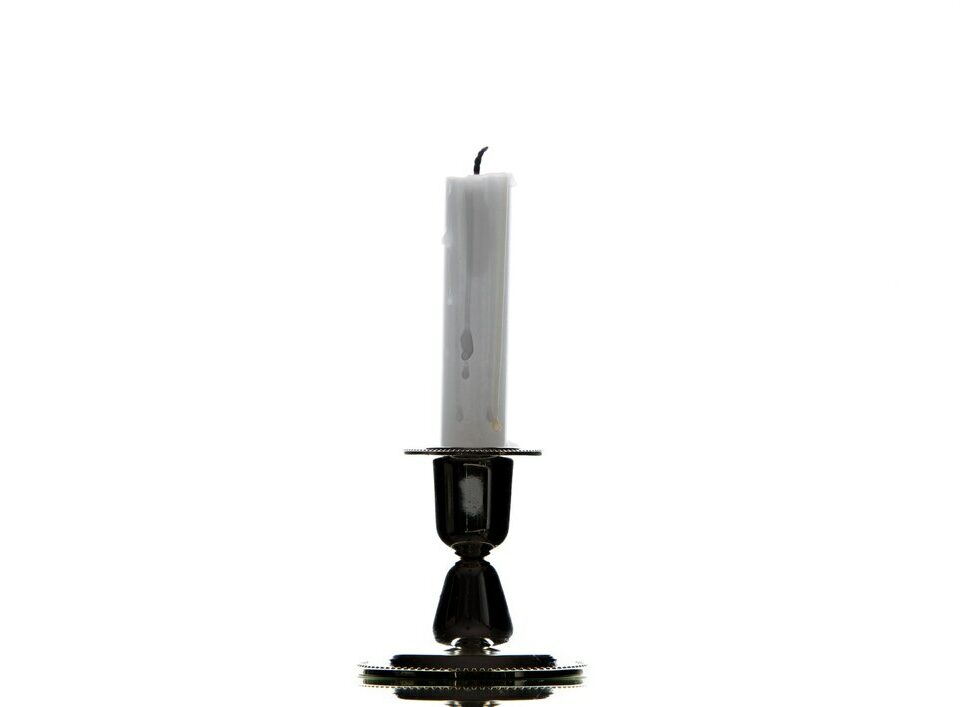
Blog
If you are charged with preparing a eulogy for a loved one’s funeral service, you naturally want to make it a memorable one. If you are in Robbinsville, NJ, a funeral home near you might be able to assist.
Typically, someone close to the deceased and can speak to their life before passing gives the eulogy. But it’s possible to have this connection and have no idea where to begin sharing them with others. In that case, here are some ways to find common ground:
Share memories of the person
Share a funny anecdote or two about the deceased’s personality. Start off with shorter stories and try to have them be as true-to-life as possible. (e.g., “He used to tell us these crazy stories, but they were so outlandish that we knew he couldn’t possibly have been making them up”).
Talk about how the deceased’s life impacted yours. If you don’t know any other way, try looking back on things from your own perspective. Rather than trying to imagine what they were like at every moment of their live (which may be impossible).
Mention their hobbies and interests
A eulogy is an opportunity to highlight a deceased person’s passions. If your loved one had particular hobbies or interests, you could reference these in your tribute. Maybe they were an avid reader or enjoyed cooking for their friends.
If possible, bring up something relevant to the funeral or memorial service theme. For example: “Grandma was always reading and loved her books—it just makes sense that she’d be laid out among them.”
Talk about their accomplishments
Bring up their success at work, achievements in sports or other hobbies, community involvement, etc., if that’s what the deceased would have wanted.
Or rather, stick with more general topics like family, if they were so inclined. Their accomplishments may not be everyone else’s idea of significant achievement, and that’s okay. Just as long as whatever you say doesn’t paint the deceased in a bad light.
Focus on the deceased’s positive attributes
When writing your eulogy, it’s fair to focus on the positives and steer clear of anything that might upset the survivors, even if they are true.
If, in order to illustrate the person’s relevant character, you need to mention sensitive traits they had, try not to dwell on them before making your point. This can help provide context as to what type of person they were and what they valued in life.
Include humor when appropriate
If you don’t know what to say and feel that humor is appropriate, by all means, use it. It’s a great way to help listeners relax and cope with their grief. Humor works best when it is genuine and doesn’t come across as mean-spirited or offensive.
When deciding whether or not to include funny stories and jokes, think about the person you’re talking about and your relationship. Were they always cracking jokes? Did they have a great sense of humor? If so, some fun stories might rouse memories for those in attendance.
Use notes to help keep you focused, but don’t read word for word.
While many people write their eulogies in advance and memorize them, this can be a challenge if you’re not used to speaking in public. It’s okay to bring notes with you—just don’t read word-for-word from them. Instead, glance at the notes during moments of silence or when you need a moment to collect your thoughts.
public. It’s okay to bring notes with you—just don’t read word-for-word from them. Instead, glance at the notes during moments of silence or when you need a moment to collect your thoughts.
Once you have decided to write and deliver a eulogy, remember to:
- Maintain eye contact with the audience.
- Keep a steady pace of speech – You don’t want to speak too fast or too slowly.
- Keep your eulogy to a reasonable length.
- Start light, end well.
Good luck! For services at our Robbinsville, NJ, funeral home, you can always call us for assistance preparing for and getting through the day.




